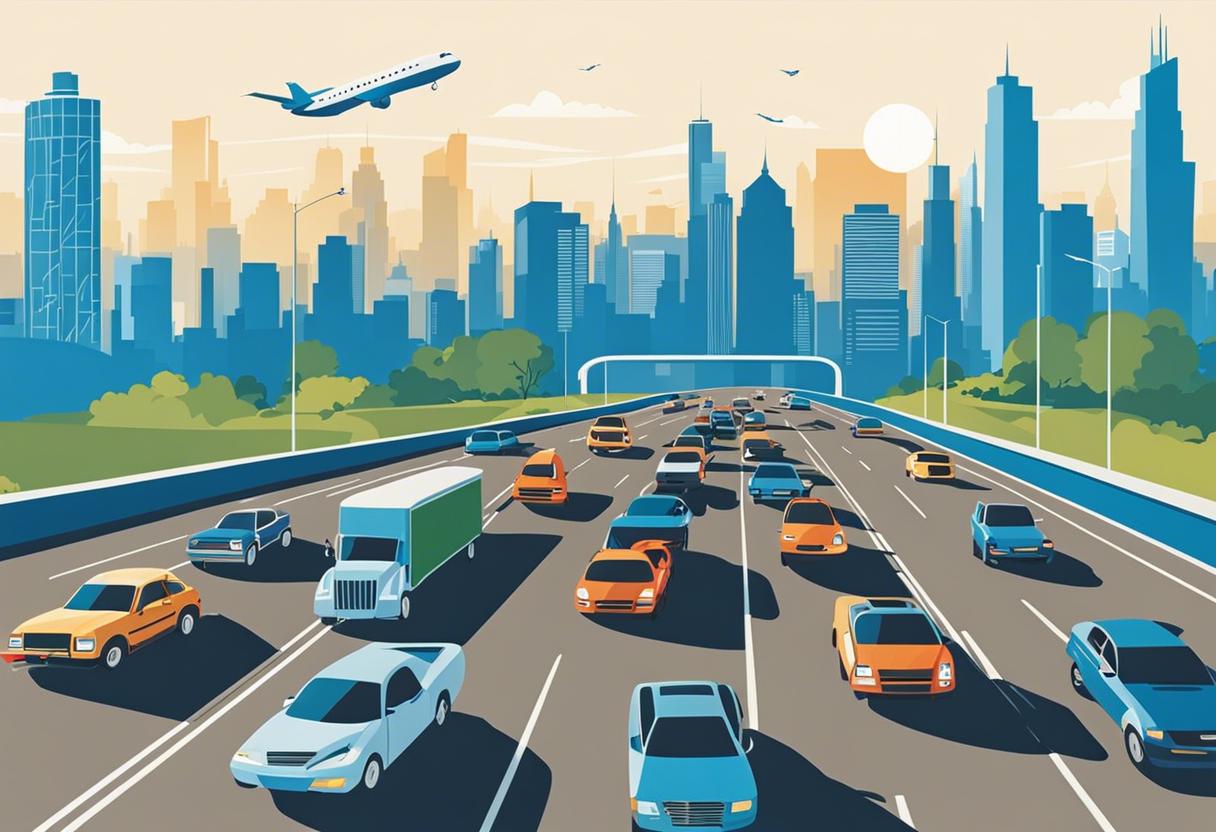The Climate Change Advisory Council has issued an urgent warning to the Department of Finance, stating that a thorough review of motor taxation across all vehicle segments is needed to meet vital goals of reducing carbon emission, which are currently not on course. In its annual evaluation of the transport industry, the independent entity emphasised that the review, expected to be finalised by 2025, which also marks the end of Ireland’s first carbon budget, must ensure that tax policies are compatible with climate goals, encourage energy efficiency and minimise adverse societal effects.
They advised that the review should encompass vehicle registration fees, motor tax, excise duty, carbon tax, fuel pricing and charges based on distance. The Council also noted that it should incentivise both households and businesses to opt for zero-emission vehicles and promote a reduction in fossil fuel usage.
As part of Budget 2025, they suggested that the government should revise company car taxation to further stimulate the uptake of electric vehicles powered by batteries (BEVs). The Council report, released last Thursday, underscored the increase in transport emissions over the previous year and inequality that would still persist in emission outputs, despite the comprehensive implementation of proposed policies and measures.
The text also pointed out the Republic’s possible need to impose higher taxes on larger, bulkier cars to compensate for an approximately €1.5 billion annual loss in revenue as drivers transition to EVs, as concluded by the Government’s Tax Strategy Group last year. This would impact SUV drivers the most, but they also suggested considering congestion charges as a replacement for tax revenue from fossil fuel-run vehicles.
The EU’s proposals for extending the “electricity tax” progressively to residential customers as a potential solution for replenishing fossil fuel tax revenue were also highlighted. However, the 2024 budget saw only modest motor tax changes, with amendments to benefit-in-kind for employees with company EVs and an extension of VRT relief for BEVs, while a proposed fuel excise charge increase was postponed.
The rise in transport emissions in the previous year was driven by an increased demand for petrol and diesel (7.7 per cent and 1 per cent respectively), underlining the urgent need for implementing measures that will promote the acquisition of more efficient vehicles in the sector.
The council has highlighted the notable fall in BEV sales this year, asserting the necessary increase of EV adoption in Ireland. Without it, Ireland risks continued dependence on carbon-heavy transport systems and individuals risk being left with pollution-heavy combustion engine vehicles. It emphasised the need for a sustainable travel-focused road space redistribution and encouraging more dense development. It can’t brush the issue of carbon emissions from aviation under the rug.
The council was pleased to confirm a boost of about 24 per cent in the public transport utilisation last year, which was supported by a remarkable increase in services of rural buses and reduced public bus fares by an average of 20 per cent. This efforts should persist, it said.
Marie Donnelly, the chair of the council, explicitly stated that significant emission reductions from transport play a pivotal role in Ireland meeting its national climate goals. It’s imperative to assist people in switching to eco-friendly transport alternatives. Putting this into action requires the expeditious implementation of public transport systems that are both efficient and affordable on local and national levels.
She referred to the need for the government to carry out a comprehensive and swift review of transport sector taxation. This review should ensure that household and business tax policies drive emission cutbacks while being progressive and protecting those most vulnerable to the changes, she added.

